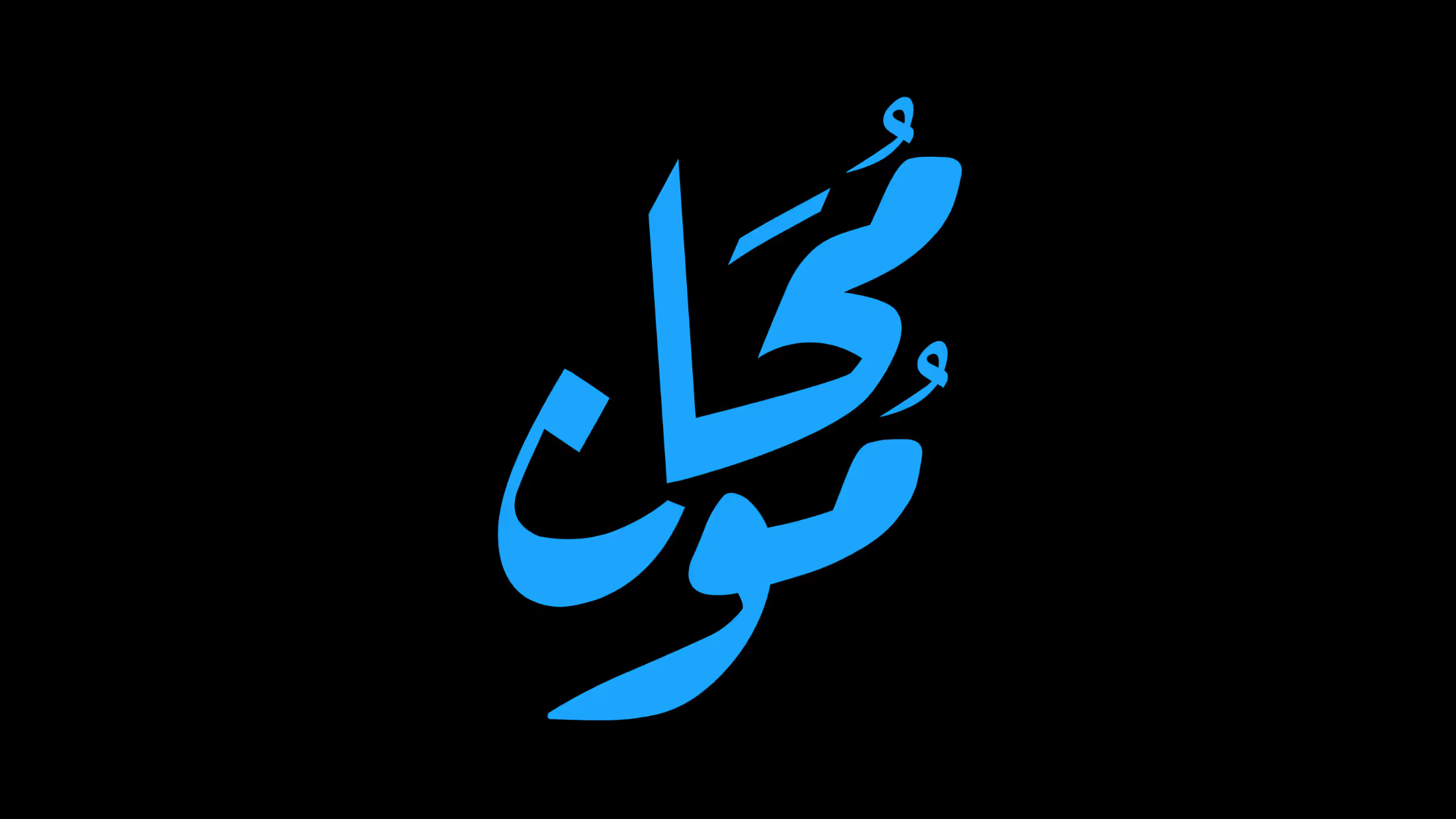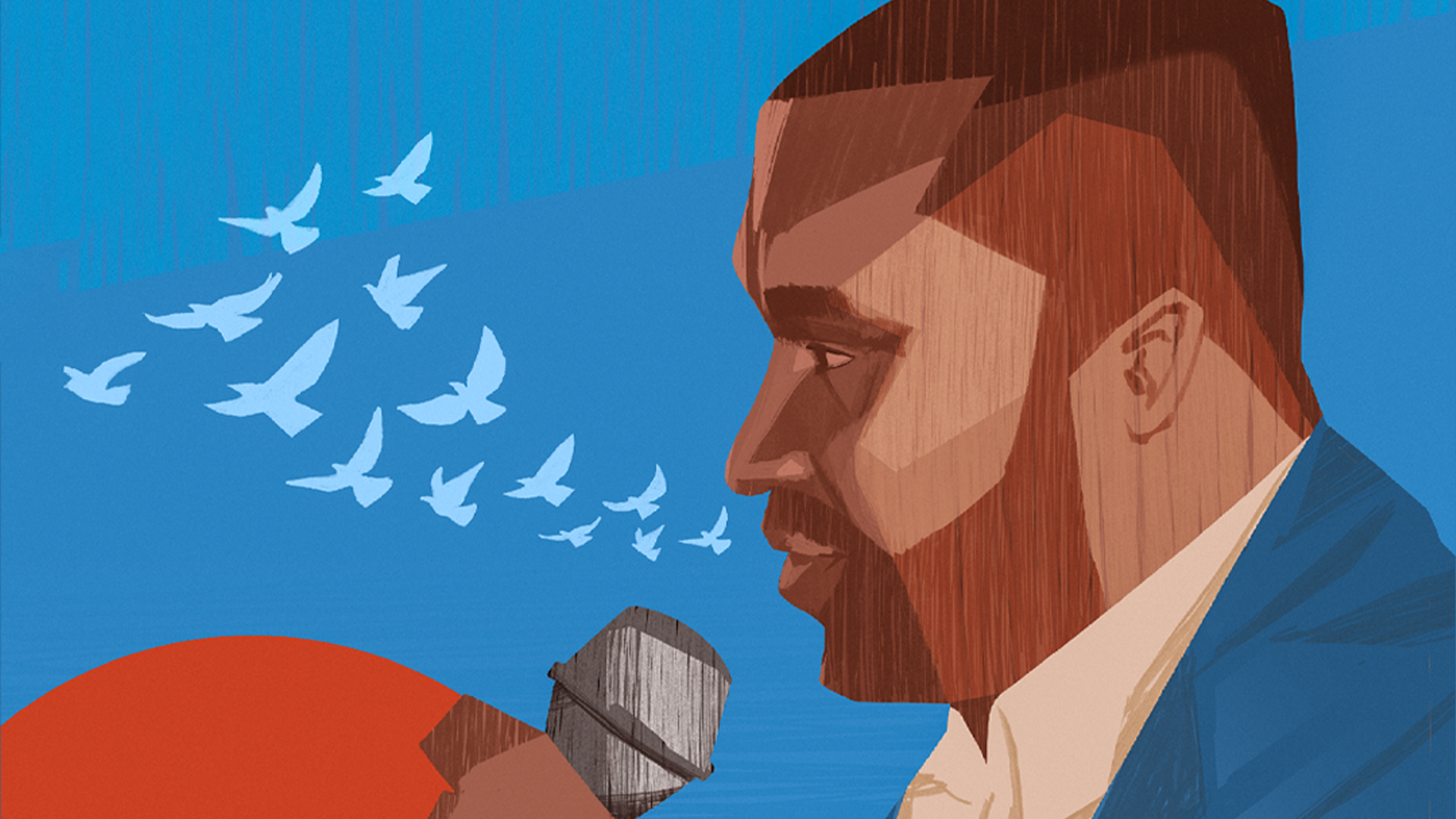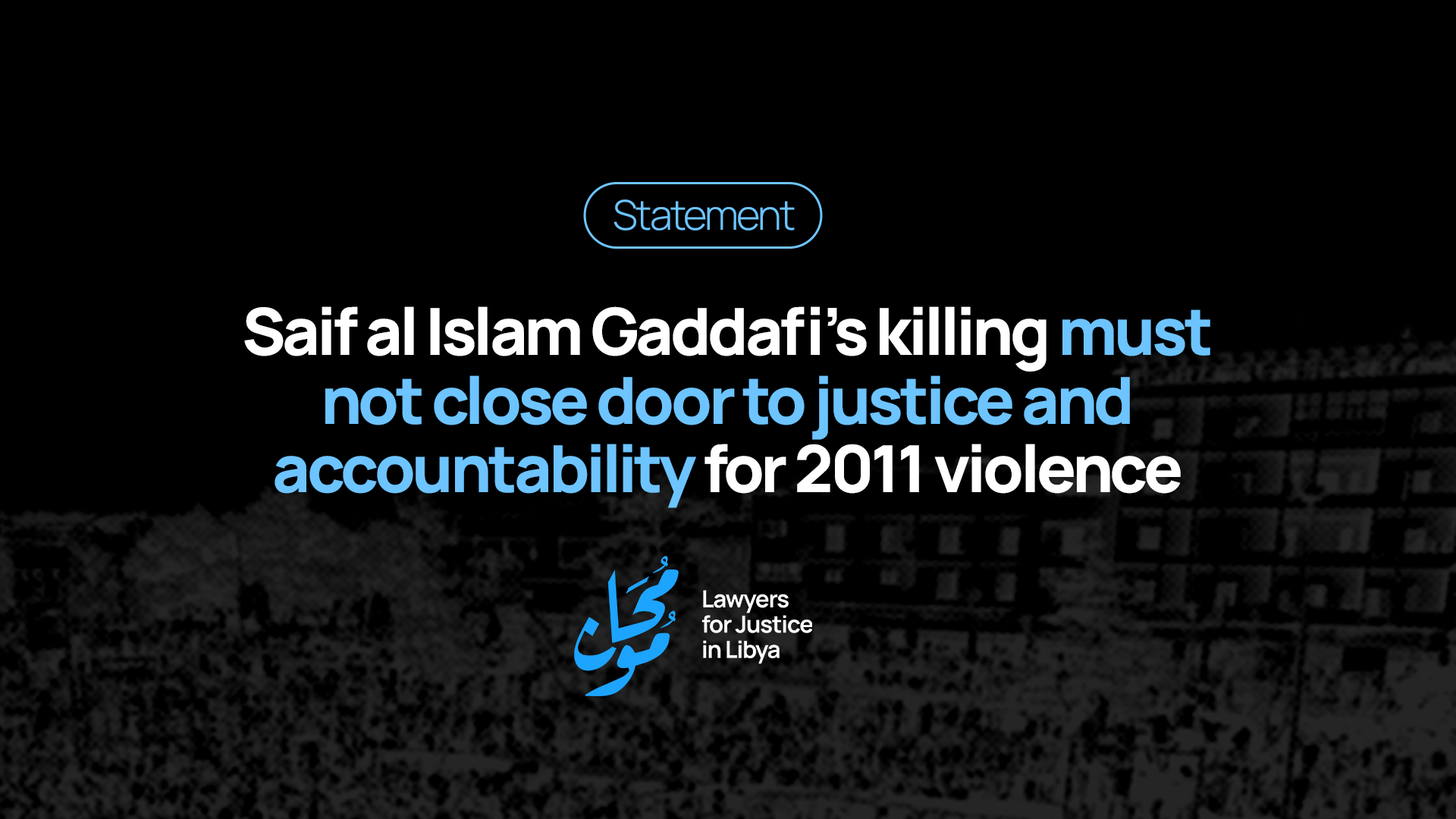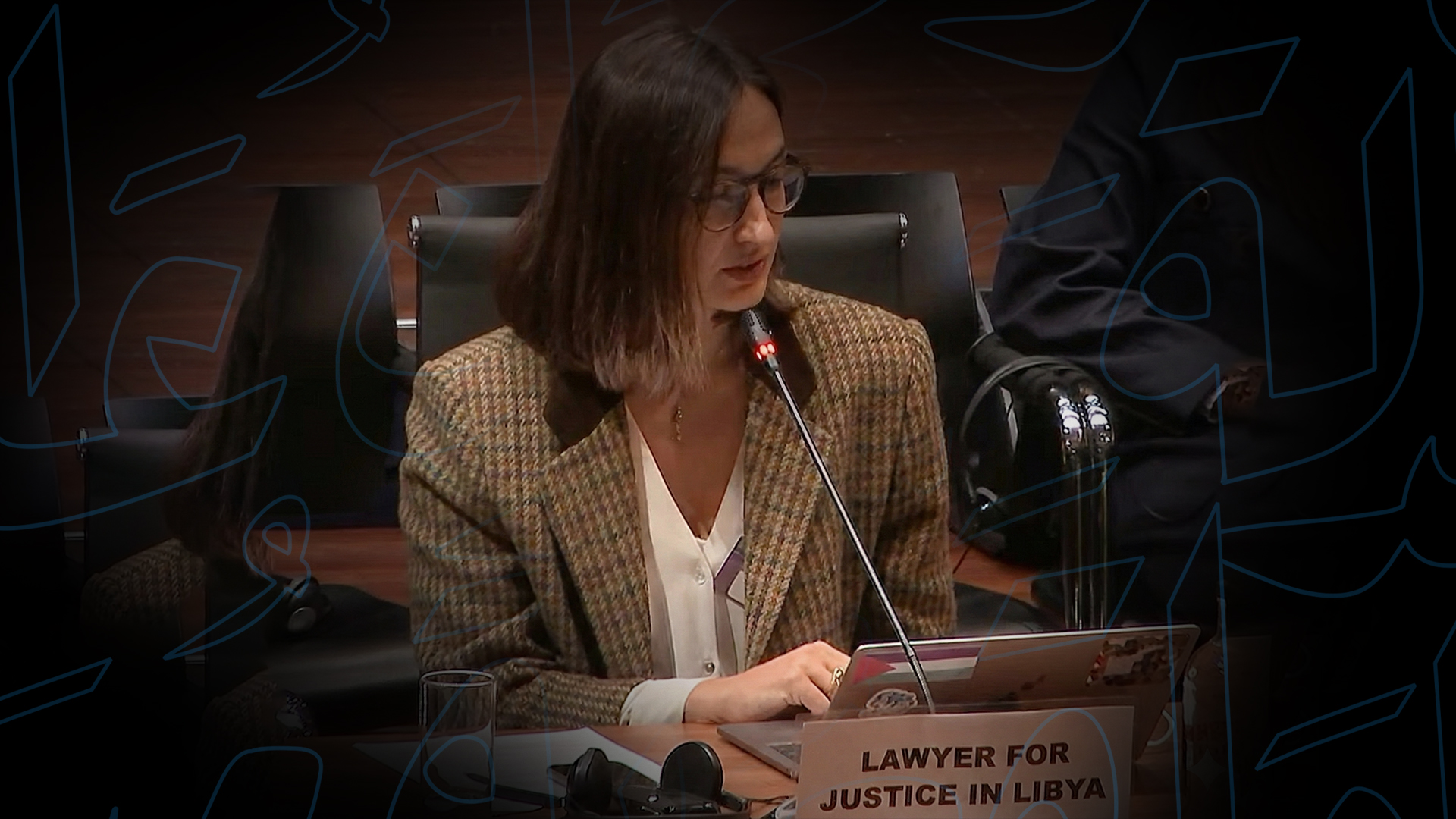Film: Escaping Libya's Detention Industry
A collaboration between Lawyers for Justice in Libya and Forensis
Since 2011, the systematic abuse of refugees and migrants passing through Libya has shown little sign of abating. In 2022, the International Criminal Court (ICC) stated that crimes against refugees and migrants in Libya ‘may constitute crimes against humanity and war crimes.’ The UN has also suggested that, as far back as 2016, the EU and its member states may share responsibility for these systematic violations, due to their outsourcing of border control measures, through funding, training, and logistical support to Libyan actors.
EU support to the Libyan Coast Guard (LCG) and Department for Combatting Illegal Migration (DCIM) in Libya, aimed at preventing migrants and refugees from reaching Europe, has trapped thousands in a relentless cycle of abuse. In 2024 alone, 21,470 people were documented as intercepted in the Mediterranean and returned to Libya. Between 19 and 25 January 2025, another 1,313 individuals faced the same fate. Once back in Libya, migrants and refugees re-enter 'official’ detention centres, where thousands have been subjected to forced labour, torture, extortion, and sexual violence.
The scale of these operations is not possible without EU support. By enabling Libyan actors, the EU is facilitating the commission of grave human rights violations.
Our film examines the evolution and present state of Libya’s detention industry through interviews with eyewitnesses, including survivors of Al Mayah and Ain Zara – two ‘official’ detention centres – and of former trafficking hubs in Bani Walid. Combining open-source evidence and witness accounts, the film explores these key nodes in an evolving industry of trafficking and smuggling, torture, and extortion, operated by local militia groups that have been absorbed into state institutions and security apparatuses.
Survivors of Al Mayah and Ain Zara point to arrangements between the EU-funded LCG and local militias – closely intertwined with state entities including the DCIM – who detain, extort, and exploit migrants for financial gain. The result is a ‘vicious circle’, in which economic imperatives and incentives keep refugees and migrants trapped in this system.
The investigation also highlights the town of Bani Walid, a notorious trafficking hub, recently given international prominence through the ongoing trials of two notorious traffickers in the Netherlands. Spatial analysis reveals the development of Bani Walid, from places of captivity among abandoned industrial buildings, to purpose-built facilities, and indicates how, despite the closure of Bani Walid as a trafficking hub, the violent logics developed there have continued throughout a network of both ‘official’ and unofficial detention centres.
Using 3D digital modelling and satellite imagery, and in collaboration Forensis, we interviewed survivors of this brutal network of detention centres and places of captivity, as well as local experts. Their testimonies reveal the evolution of Libya’s detention industry.
For more information, explore our report No Way Out: Migrants and refugees trapped in Libya face crimes against humanity.
Credits:
LFJL expresses its sincere gratitude to all those who contributed to this film, in particular the survivors who bravely shared their stories with us, and our partners in Libya who provided vital expertise and support which this film would not have been possible without.
LFJL:
Mehdi Ben Youssef
Serena Zanirato
Merna Nasralla
Alexandra Azua
Farah Abou El Sel
Forensis:
Phoebe Walton
Celina Abba
Georgia Skartadou
Stefanos Levidis
Forensic Architecture:
Robert Trafford
Thanks to:
Naoussi Tatsinkou Arsène Hervé (Agir Ensemble pour lutter contre la migration clandestine)
M.Emilia Ciccone (CASBA Cooperativa Sociale)
Filippo Pistoia (Cre.Zi. Plus - Cantieri Culturali alla Zisa Palermo)
See here for full credit list.



About Forensis
Founded in 2021 in Berlin as a non-governmental, not-for-profit association (e.V.), Forensis works for and in collaboration with individuals and communities affected by state and corporate violence, to support their demands for justice, reparations, and accountability.
Drawing on techniques and methodologies developed by Forensic Architecture (FA), we are an interdisciplinary team of researchers with expertise in spatial and visual investigation, time-based 3D reconstruction, cartographic platforms, and open source investigation. We produce evidence for presentation in national and international courts, human rights forums, parliamentary inquiries, truth commissions and people’s tribunals, as well as cultural and media institutions.





